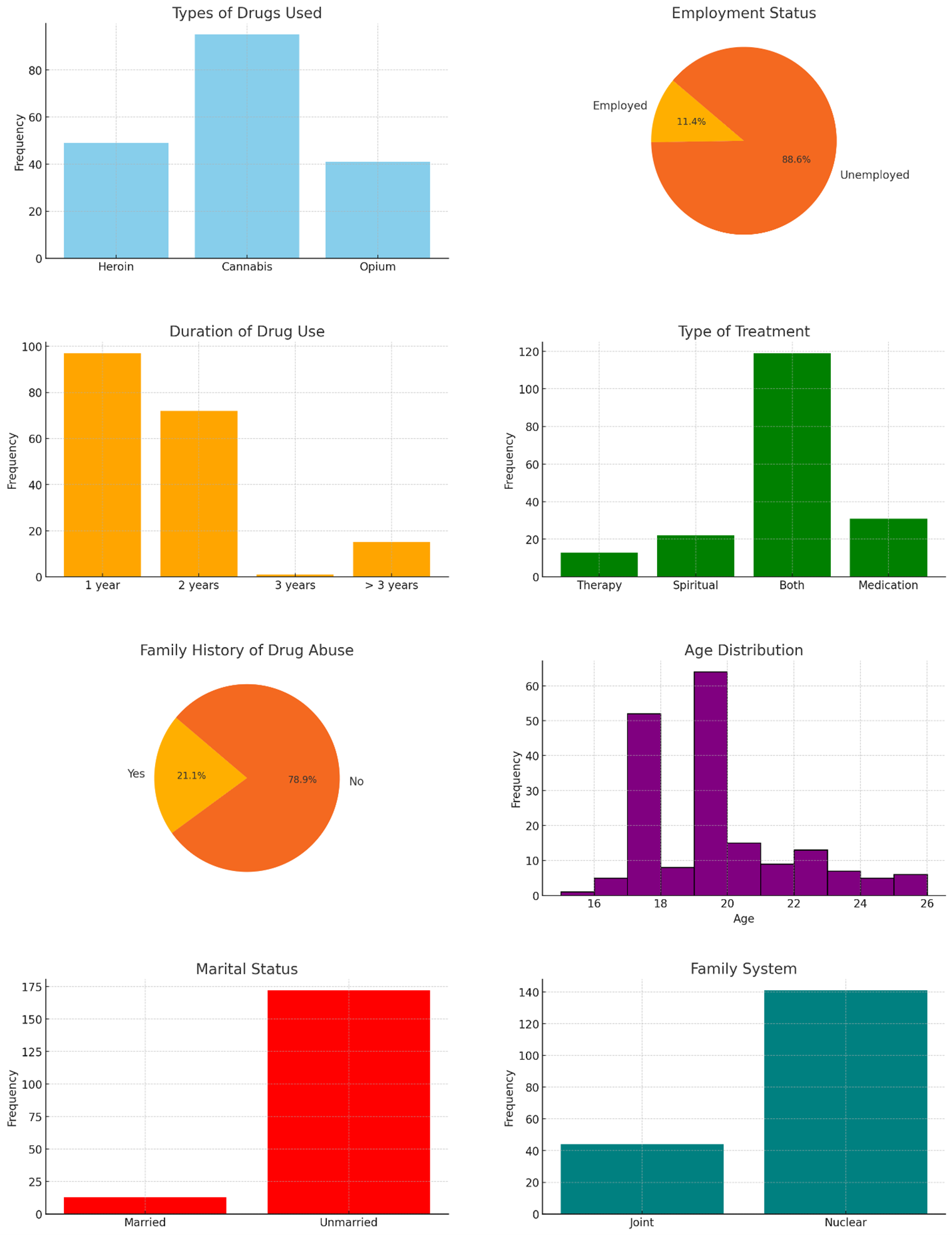EMOTIONAL BLINDFOLDS: THE TRIANGULAR IMPACT OF IMMATURE DEFENSES, FATHER ALIENATION, AND CHILDHOOD EMOTIONAL NEGLECT ON GUILT IN SUBSTANCE ABUSERS
DOI:
https://doi.org/10.71146/kjmr406Keywords:
Immature Defenses, Denial, Childhood Neglect, Guilt, Shame, Substance Abuse, Defense Mechanisms, TraumaAbstract
The present research investigated how immature defense mechanisms relate to guilt levels in men who are diagnosed with substance abuse disorder while examining emotional neglect and father alienation as potential moderators. The study examined 185 participants who had an average age of 19.16 years and were diagnosed with substance abuse disorder. Self-report measures were used to gather data, which assessed immature defenses together with childhood trauma, guilt, and family dynamics. The results from Pearson correlation tests demonstrated that denial, immature defenses, guilt, and emotional neglect had strong positive relationships. In contrast, family alienation showed robust negative associations with these variables. The results of a moderated moderation regression analysis established that emotional neglect, together with father alienation, increased the magnitude of the relationship between immature defenses and guilt in the study participants. The relationship between immature defenses and guilt became strongest under low to moderate levels of both emotional neglect and family alienation, yet weakened when these factors reached high levels. Findings indicated that substance abuse treatment interventions require the inclusion of family dynamics and childhood trauma assessment, according to the research findings. This paper presents recommendations for clinical work and directions for additional research.
Downloads

Downloads
Published
Issue
Section
License
Copyright (c) 2025 Urooj Niaz, Farzana Ashraf, Maham Kanwal, Saira Majeed (Author)

This work is licensed under a Creative Commons Attribution 4.0 International License.






